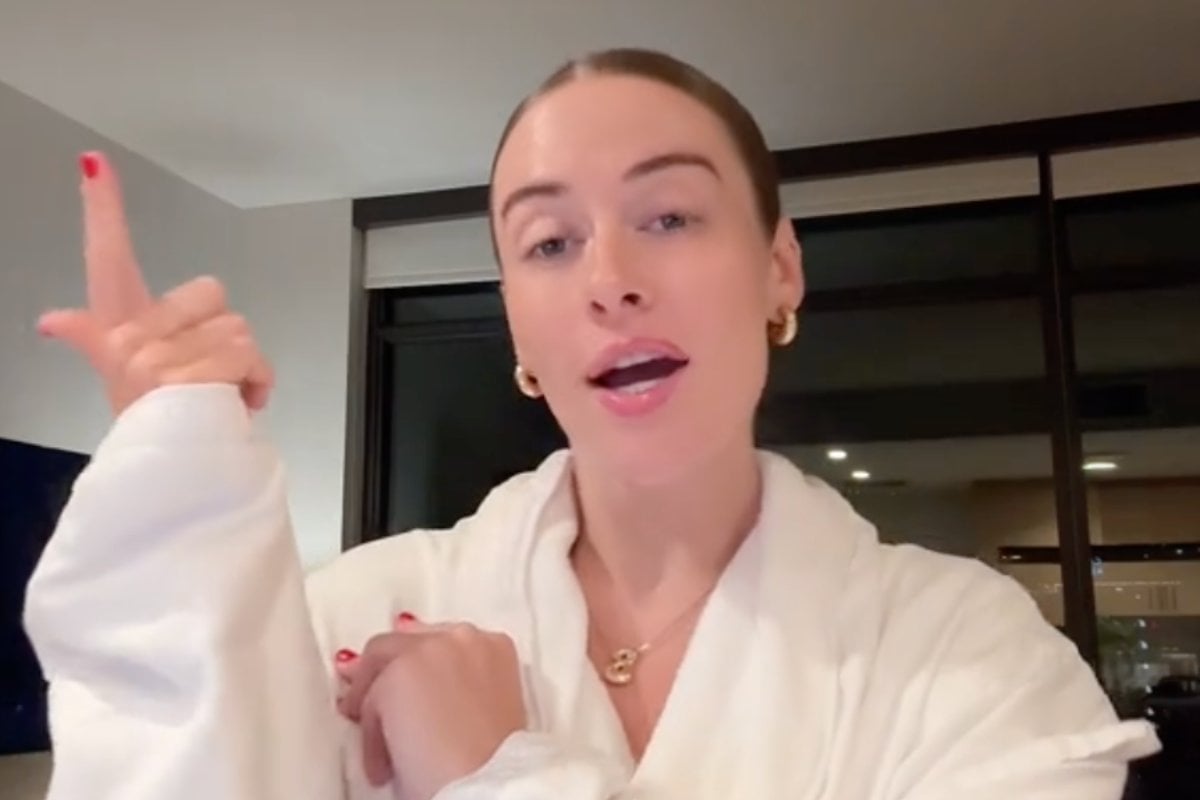
I was talking to a friend about Vanderpump Rules recently — a likely thing for me to be doing at given moment, quite frankly. The show's indefinite hiatus had just been announced at the time, and if you watched the Season 11 finale, you'll know that even though they *might* revive the show somewhere down the track, it felt like a series finale.
As we talked, I said that I didn't think there would ever be another show like Vanderpump Rules. When it premiered in 2013, it was lightning in a bottle. But over the years, viewers watched it evolve into a more produced, more curated, and less authentic version of itself.
And while it's inevitable that its creators at Bravo will one day try to recreate the magic that the original seasons delivered, they've fighting against a media landscape that has shifted dramatically over the past decade.
Friendship groups full of diabolical, fame-seeking individuals still exist, of course. But reality TV as we once knew it is on the out.
TikTok is the new reality TV.
This shift towards social media for our *tea* has been bubbling up for a while now.
Every so often, a TikTok drama will go viral enough that it will make its way off the app and get picked up by mainstream media — Mikayla Nogueira's "Lashgate" scandal of 2023 is a good example. More recently, TikTok has become the place to be if you're the kind of person who craves the raw, unfiltered chaos that reality television used to deliver.
Now, as reality television continues to become more produced and curated than ever before — both by the show's producers and the image-conscious participants who are signing on with future brand deals in mind — women are turning to TikTok to tell their stories, their way.
